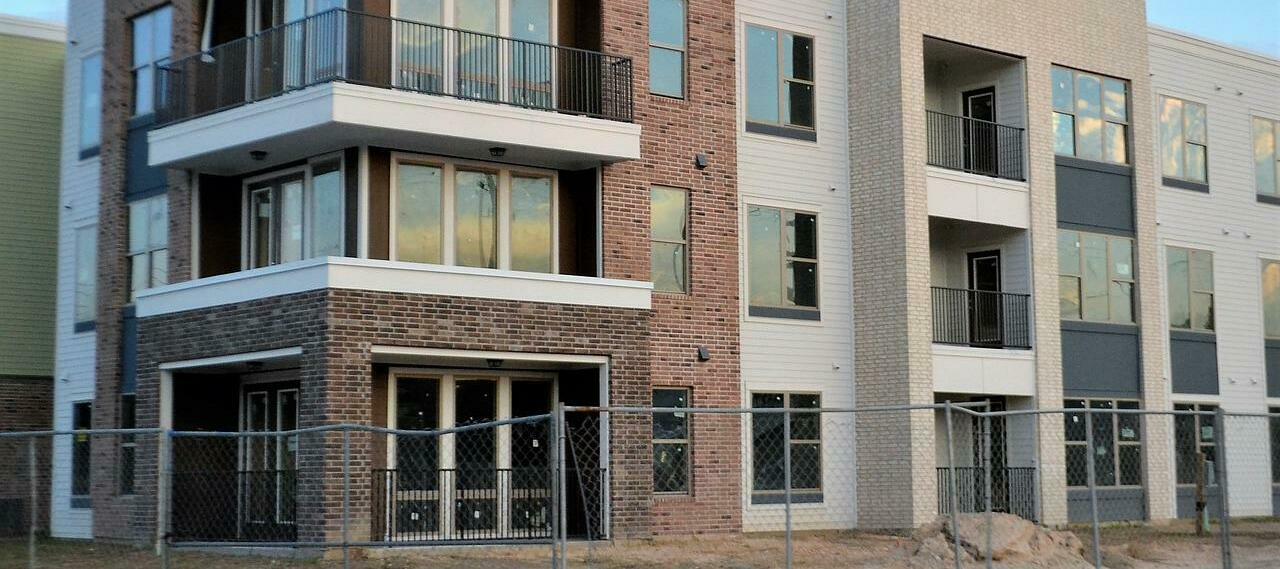
As Rents Rise, So Does Funding To Rental-Focused Startups
The past few months have been challenging for U.S. renters faced with a combination of rising costs and low availability. Over roughly the last year, the median monthly asking rent reportedly increased a whopping 17 percent, with at least 10 metro areas posting hikes of 30 percent and up.
Venture-backed startups haven’t solved the cost and supply issues confronting renters, but they are scaling up some offerings that could ease the process of getting a place. From services to lower move-in costs to apartment comparison platforms to landlord-centered software tools, funding to companies focused on the rental space is going gangbusters.
“It is definitely a trend that more people are renting than in the past,” said Clelia Warburg Peters, managing partner at Era Ventures, an investor in proptech and related sectors.
She sees the primary drivers of rental demand as both positive and negative. On the positive side, there is heightened demand, particularly from young people and empty nesters, because of the flexibility, amenities and maintenance-free lifestyle that rentals can offer. On the negative side, there’s a huge number of wannabe homeowners who are stuck renting because they’re unable to purchase a home they can afford.
Either way, the net result is rental-focused startups are a hot area for investment. Using Crunchbase data, we curated a list of 17 rental-related U.S. companies that have raised venture funding in recent quarters. Collectively, they’ve pulled in over $1.3 billion in the past nine months.
It’s a varied set of companies, but to put things in perspective, we’ll focus on a few broad themes, including financial offerings, amenities and tech-enabled property management.
Fintech-like startups for renters
Companies offering financial services for renters have been particularly popular with investors lately.
The most recent sizable round along these lines went to TheGuarantors, a New York-based startup that covers security deposits for a fee and serves as lease guarantor. The company recently announced that it secured $50 million in a Series C investment led by Portage Ventures.
Launched in 2015, the company pitches its offering as a way to reduce the upfront costs of renting. In exchange for a fee (usually 6 percent to 33 percent of monthly rent), the company will cover the security deposit. It also provides lease guarantees to landlords, for which renters pay a fee, in a bid to open rentals to prospective tenants who might not meet the usual qualifications.
Two of the more heavily funded startups, meanwhile, focus on renters on the road to homeownership. Divvy, which has raised $370 million to date, offers a platform for rent-to-own home purchases. Up&Up, a startup that enables renters to see financial gains from their rental homes, closed on $275 million in a November round.
For tenants worried about getting their rent check in on the first of the month, meanwhile, venture-backed Jetty offers a “rent now, pay later” service.
Amenities, amenities and more amenities
A lot of people spend a huge portion of their income on rent. Given this reality, it’s not entirely surprising to see startups working on ways for tenants, particularly high-paying ones, to get more bang for their buck.
Alfred is one of the more heavily funded players in this area. The company, which offers an app-based personal assistant service for renters, raised $125 million in a March late-stage funding round.
Other companies are scaling up offerings that, per Peters, “are blurring the lines between staying at a hotel and renting.”
Luxe, furnished apartments with flexible lease options are part of this trend. Blueground, which offers custom-furnished short- and long-term apartment rentals, pulled in $140 million in a September Series C round. In a similar vein, Landing, which offers furnished apartments with flexible leases, raised $45 million in a February Series B.
Tech-enabled property management
Startups offering technology and tools for owners and managers of rental properties are also seeing a fair amount of funding.
The list of companies that closed investments in the past few months includes Mynd, a tech-enabled property management firm, Funnel, a tool for handling leases and tenant communications, and RentRedi, a mobile app for landlords.
Notably, property management software was one of the areas we identified nearly a year ago as a hot space for seed dealmaking. In the span of a few quarters, several companies in the space that were seed-stage then have already closed on larger rounds.
The rental road ahead
Where is it all headed? For now, it’s probably overly optimistic to expect big exits. With the IPO market effectively shuttered and money-losing growth stocks out of vogue with investors, rental-focused startups can probably bank on staying private for the time being.
Public markets don’t look welcoming. For one company in the space that did venture to the public market via SPAC—luxe apartment and short-stay rental network Sonder—the outcome has not been good so far, with shares down around 60 percent since the beginning of the year.
Of course, while stocks have been going down, the one thing companies in the rental space probably care most about—rents—have been going nowhere but up.
Illustration: Dom Guzman
© 2022 LeackStat.com
